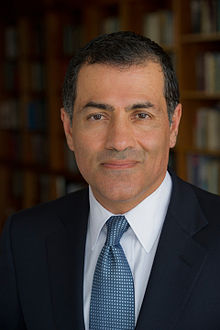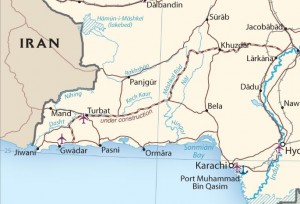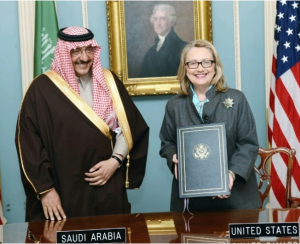Nasr Pierces Obama’s Diplomacy Mirage
Foreign Policy has published an excerpt from Vali Nasr’s book The Dispensable Nation: American Foreign Policy in Retreat, in which Nasr relates his experiences as a key deputy to Richard Holbrooke, who served as Barack Obama’s special envoy to Afghanistan and Pakistan. The title for the piece tells virtually the entire story: “The Inside Story of How the White House Let Diplomacy Fail in Afghanistan”. The piece should be read in full (as should the book, I presume), but I want to highlight a couple of passages that fit well with points I have tried to make over the years regarding US policy in Afghanistan and Pakistan.
First, we see an Obama tactic that has not been limited to his foreign policy actions, but is characteristic of him on the whole, where he makes a public move such as appointing Holbrooke, where the move has the appearance of a very positive step, but Obama then undercuts the move entirely by providing no further support (such as when he nominated Dawn Johnsen to head OLC and then abandoned her entirely, even when he could have forced a confirmation vote that would have been affirmative under bmaz’s whip count). Here is how Nasr described Holbrooke’s fate once he established his office:
Still, Holbrooke knew that Afghanistan was not going to be easy. There were too many players and too many unknowns, and Obama had not given him enough authority (and would give him almost no support) to get the job done. After he took office, the president never met with Holbrooke outside large meetings and never gave him time and heard him out. The president’s White House advisors were dead set against Holbrooke. Some, like Lt. Gen. Douglas Lute, were holdovers from George W. Bush’s administration and thought they knew Afghanistan better and did not want to relinquish control to Holbrooke. Others (those closest to the president) wanted to settle scores for Holbrooke’s tenacious campaign support of Clinton (who was herself eyed with suspicion by the Obama insiders); still others begrudged Holbrooke’s storied past and wanted to end his run of success then and there. At times it appeared the White House was more interested in bringing Holbrooke down than getting the policy right.
What drives Obama’s craven manipulation of people in this way? Nasr nails that particularly well:
Not only did that not happen, but the president had a truly disturbing habit of funneling major foreign-policy decisions through a small cabal of relatively inexperienced White House advisors whose turf was strictly politics. Their primary concern was how any action in Afghanistan or the Middle East would play on the nightly news, or which talking point it would give the Republicans. The Obama administration’s reputation for competence on foreign policy has less to do with its accomplishments in Afghanistan or the Middle East than with how U.S. actions in that region have been reshaped to accommodate partisan political concerns.
And this reliance on managing to the day’s news cycle ended just as badly as one would expect. Obama should pay heed to Nasr’s dire warning in his epitaph of the Afghan “adventure”, but we can rest assured that the band of political trolls surrounding him will put their fingers in their ears and shout “I can’t hear you” as Nasr warns of failure for the “exit plan” (emphasis added): Read more →




